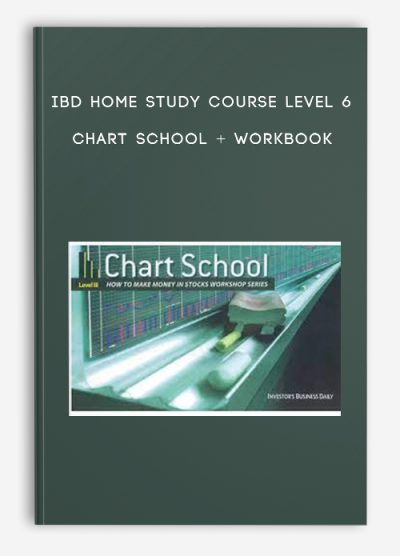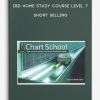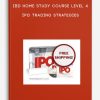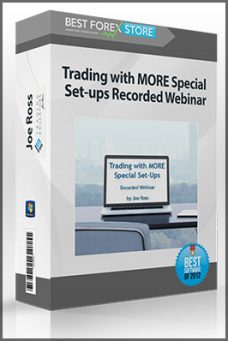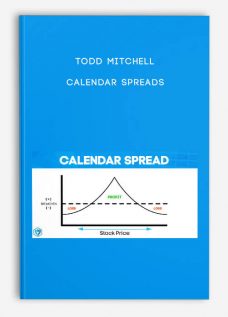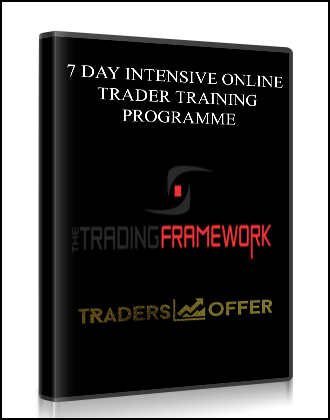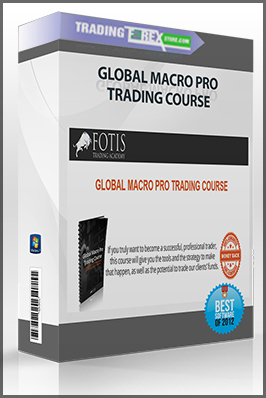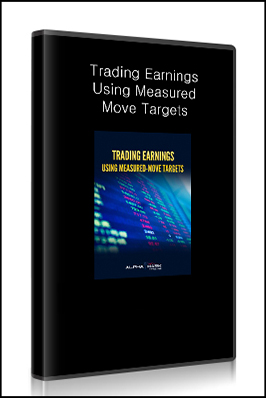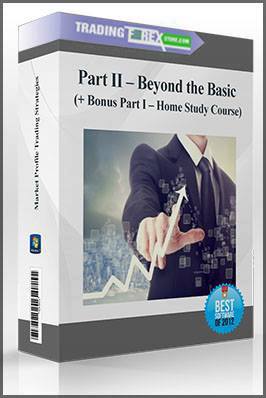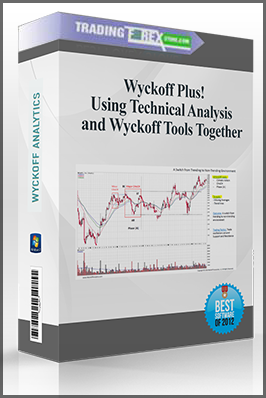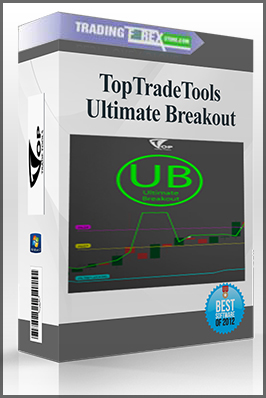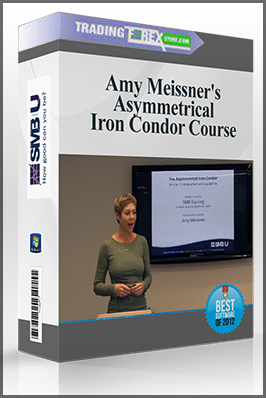IBD Home Study Course Level 6 – CHART SCHOOL + Workbook
$27.00
- Description
Description
IBD Home Study Course Level 6 – CHART SCHOOL + Workbook
Get IBD Home Study Course Level 6 – CHART SCHOOL + Workbook on bestoftrader.com
Description:
Here What You’ll Get:
- IN-DEPTH ANALYSIS OF HOW TO BUY STOCKS INCLUDING:
- Buy points and alternative buy points.
- 50 examples of proper and faulty cup-with-handles.
- Over 10 examples of each of the other bases.
- Introduction to IPO and Initial bases.
- MONEY MANAGEMENT STRATEGIES
- Learn key rules such as follow-up buying, using average cost, and matching your individual trading style with your investing goals.
- Learn how to best handle your positions in any market.
- OFFENSIVE AND DEFENSIVE SELL STRATEGIES INCLUDING:
- 15 specific sell signals and dozens of examples.
- Learn to sell when:
- The stock is rising in price but flashing red flags
- The stock’s price is declining and showing weakness
- WORKBOOK
- An oversized 11″x17″ workbook that makes chart reading and spotting bases easier than ever with over 500 pages filled with hundreds of examples.
Bond -Stock Trading course: Learn about Bond -Stock Trading
Bond trading definition
Bond trading is one way of making profit from fluctuations in the value of corporate or government bonds.
Many view it as an essential part of a diversified trading portfolio, alongside stocks and cash.
A bond is a financial instrument that works by allowing individuals to loan cash to institutions such as governments or companies.
The institution will pay a defined interest rate on the investment for the duration of the bond, and then give the original sum back at the end of the loan’s term.
A stock trader or equity trader or share trader is a person or company involved in trading equity securities.
Stock traders may be an agent, hedger, arbitrageur, speculator, stockbroker.
Such equity trading in large publicly traded companies may be through a stock exchange.
Stock shares in smaller public companies may be bought and sold in over-the-counter (OTC) markets.
Stock traders can trade on their own account, called proprietary trading, or through an agent authorized to buy and sell on the owner’s behalf.
Trading through an agent is usually through a stockbroker. Agents are paid a commission for performing the trade.
Major stock exchanges have market makers who help limit price variation (volatility) by buying and selling a particular company’s shares on their own behalf and also on behalf of other clients.

